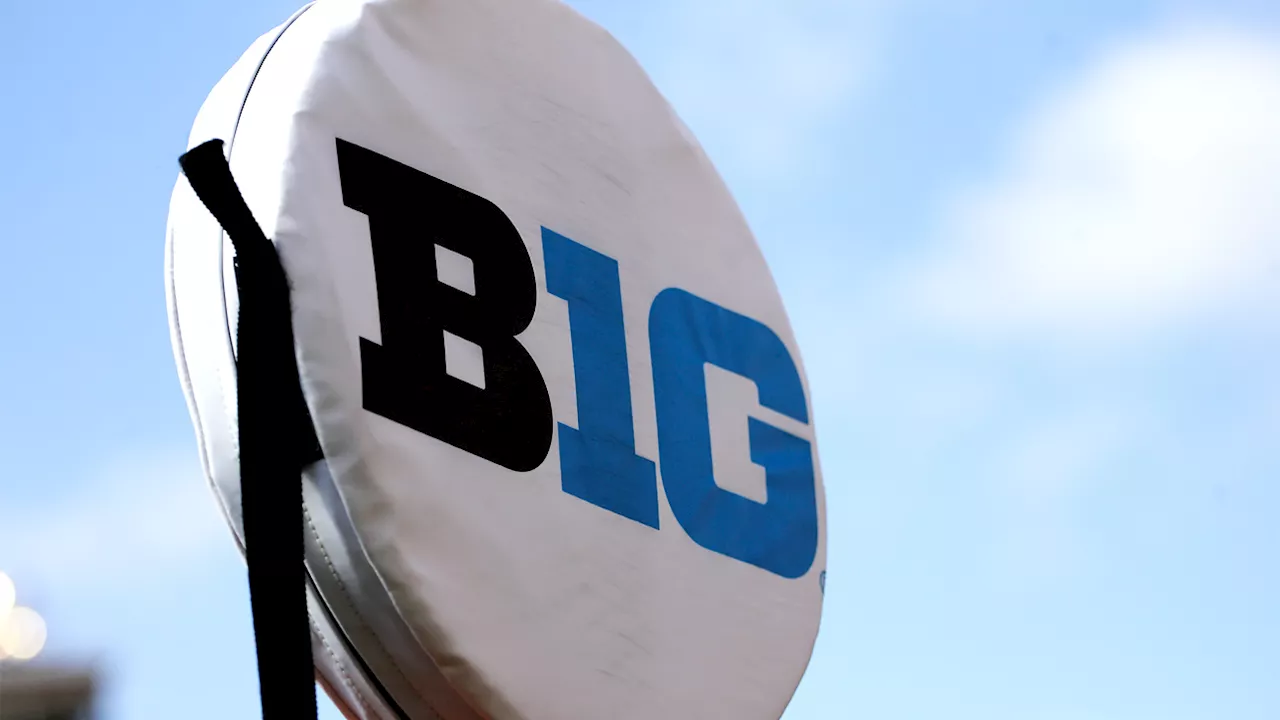BREAKING: The Big Ten Conference has swiftly countered allegations from a University of Michigan regent claiming that Commissioner Tony Petitti threatened punitive actions against the school over a controversial $2.4 billion investment plan. The tension escalated on October 10, 2023, when Michigan Regent Mark Bernstein accused Petitti of attempting to “strong-arm” the university into supporting the deal, stating, “Nobody pushes around the University of Michigan — ever.”
The Big Ten’s response was immediate, asserting that no member institution has been coerced into backing the investment plan, which aims to secure funds for the league’s 18 member schools. Darryll Pines, chair of the Big Ten Council of Presidents and Chancellors, emphasized that the discussions surrounding this investment have been “collaborative, fair, and thorough.”
The proposed deal involves UC Investments, which seeks to establish a commercial entity called Big Ten Enterprises. This entity would provide financial support to member schools through a tiered distribution system, allowing each institution to receive a share of the $2.4 billion in exchange for a cut of the conference’s media rights. However, concerns have been raised about how this revenue will be distributed among schools, with institutions like USC expressing reservations about the equity of the proposal.
As the debate intensifies, the implications for collegiate athletics are significant. The scrutiny of external funding sources has prompted Senator Maria Cantwell to request an analysis of how outside investments could impact the tax-exempt status of college sports. “Legitimate questions have been raised about whether it is time to rethink the tax-exempt regime under which college sports currently operates,” Cantwell stated.
The urgency of this situation is compounded by dissent among Michigan’s regents. Regent Jordan Acker voiced strong opposition to the investment plan, describing a partnership with private equity as “not positive for the University of Michigan.” He criticized the process as insufficiently evaluating alternatives to address the challenges facing athletic departments.
As the Big Ten navigates this contentious landscape, the potential ramifications for the future of college athletics hang in the balance. The conference’s efforts to secure new revenue streams amidst a rapidly changing sports environment illustrate the tension between financial viability and institutional integrity.
What’s next? Stakeholders are closely monitoring the outcome of these discussions, as the Big Ten seeks to maintain unity among its members while addressing the financial realities of collegiate sports. With critical decisions looming, the pressure is on for all involved parties to come to a resolution that aligns with their interests.
Stay tuned for more updates as this story continues to develop.







